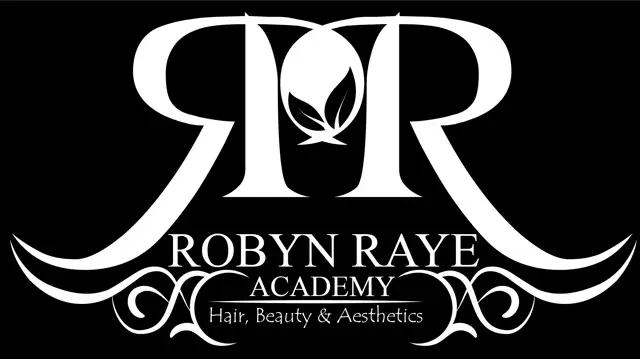
Infection Control Course
ROBYN RAYE ACADEMY
Tattoo Artists, Aesthetics, Semi-Permanent Make Up & Microblading
Summary
- Reed Courses Certificate of Completion - Free
Add to basket or enquire
AI Overview
AI generated content may contain mistakes
This comprehensive Infection Control Course is designed to equip tattoo artists, semi-permanent makeup technicians, microblading technicians, and aesthetic practitioners with essential knowledge and skills to maintain a safe and hygienic work environment.
The course covers a wide range of topics, including blood-borne pathogens, infection control legislation, the chain of infection, types of blood-borne diseases, and various infection and work practice controls. Learners will gain a thorough understanding of cross-infection reduction, body fluid cleanup procedures, hazardous disposal, and proper hand hygiene. Additionally, the course addresses exposure incidents, clean technique tattoos, safe injection practices, testing, and counseling, as well as the relevant laws and legislation surrounding the beauty and aesthetics industry.
Delivered online through the Reed Courses Learning On Demand platform, this self-paced course allows learners to study at their own convenience. With 2 CPD hours upon successful completion, the course is valuable for professionals seeking to fulfill their continuing education requirements. Whether you are new to the industry or looking to refresh your knowledge, this skills-based course is an excellent resource for maintaining the highest standards of infection control in your practice.
Overview
Certificates
Reed Courses Certificate of Completion
Digital certificate - Included
Will be downloadable when all lectures have been completed.
CPD
Curriculum
-
Hand Hygiene 04:00
-
Basic Cleanliness 01:00
-
Blood Borne Pathogens 08:00
-
Viruses 04:00
-
Skin Diseases/Conditions 09:00
-
Blood & Body Spillages 06:00
-
Cross Infection 07:00
-
Needlestick Injury 03:00
-
Disposal of Waste 03:00
-
Health & safety 03:00
-
Personal Protective Equipment (PPE) 05:00
-
Sterilisation 13:00
-
Record Keeping 02:00
-
Skin Preperation 03:00
-
Laws & Legislations 22:00
-
Assessment 13:00
Course media
Description
- What are Blood Borne Pathogens?
- Infection Control Legislation
- The chain of infection
- Types of Blood Borne Diseases
- HIV and AIDS
- Hepatitis B Virus
- Hepatitis C Virus
- Skin Diseases
- Other Viruses
- Infection and Work Practice Controls
- Cross Infection
- Reducing Risk
- Body Fluid Cleanup Procedures
- Hazardous Disposal Procedures
- Glove Removal and Disposal
- Hand Hygiene
- Exposure Incident
- Clean Technique Tattoos
- Safe Injection Practices
- Testing and Counselling
- Laws & Legislations surrounding the Beauty & Aesthetics Industry
Who is this course for?
Tattoo Artists
Semi-Permanent Make Up Technicians
Microblading Technicians
Aesthetic Practitioners
Questions and answers
Currently there are no Q&As for this course. Be the first to ask a question.
Reviews
Currently there are no reviews for this course. Be the first to leave a review.
Legal information
This course is advertised on Reed.co.uk by the Course Provider, whose terms and conditions apply. Purchases are made directly from the Course Provider, and as such, content and materials are supplied by the Course Provider directly. Reed is acting as agent and not reseller in relation to this course. Reed's only responsibility is to facilitate your payment for the course. It is your responsibility to review and agree to the Course Provider's terms and conditions and satisfy yourself as to the suitability of the course you intend to purchase. Reed will not have any responsibility for the content of the course and/or associated materials.

